Today we are celebrating World Sleep Day! Sleep is essential for our physical and mental well-being, yet many of us find it hard to achieve a restful night’s sleep. But fear not, because we’re here to help. If you find yourself tossing and turning at night, unable to drift off into dreamland, you’re not alone. In honour of World Sleep Day, we’ve compiled our top 10 tips to help you improve your sleep quality, and wake up feeling refreshed and rejuvenated each morning. Let's make tonight the night you finally get the sleep you deserve.
1. Establish a consistent sleep schedule
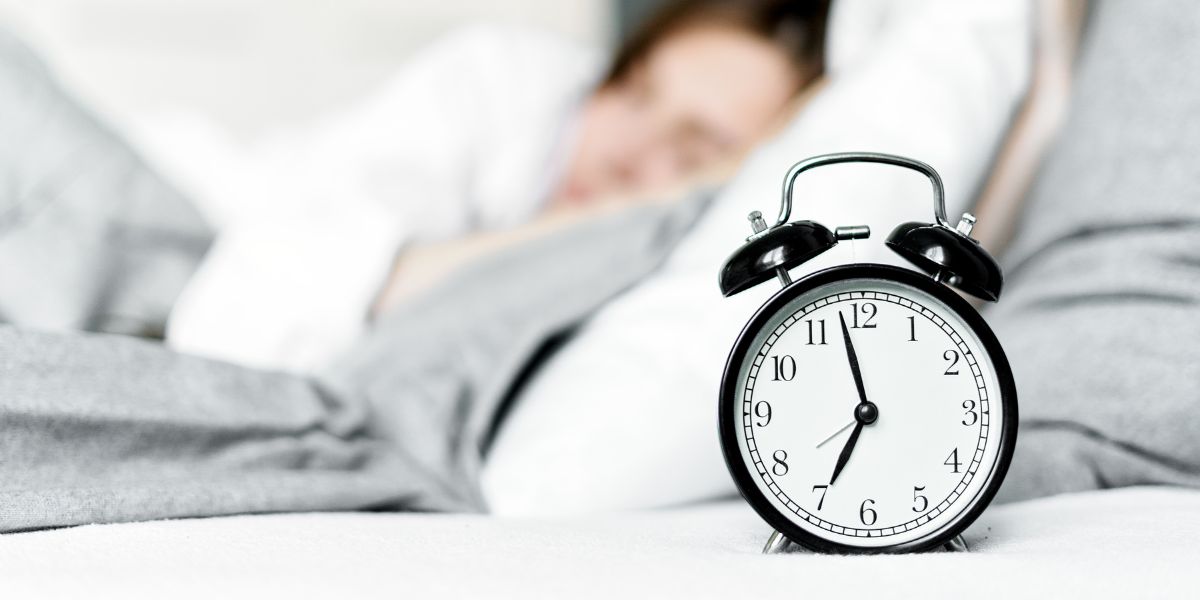
Maintaining a consistent sleep schedule is crucial for optimising our natural wake-sleep cycle, known as the circadian rhythm. When we wake up and sleep at the same time each day, we reinforce this rhythm, promoting better sleep quality and overall health. Disruptions to this pattern can lead to irregularities in melatonin release, mood swings, and decreased cognitive function. By following a consistent schedule, we enhance our ability to fall asleep faster, experience a deeper sleep, and wake up feeling refreshed, energised and ready to tackle the day ahead.
2. Create a relaxing bedtime routine
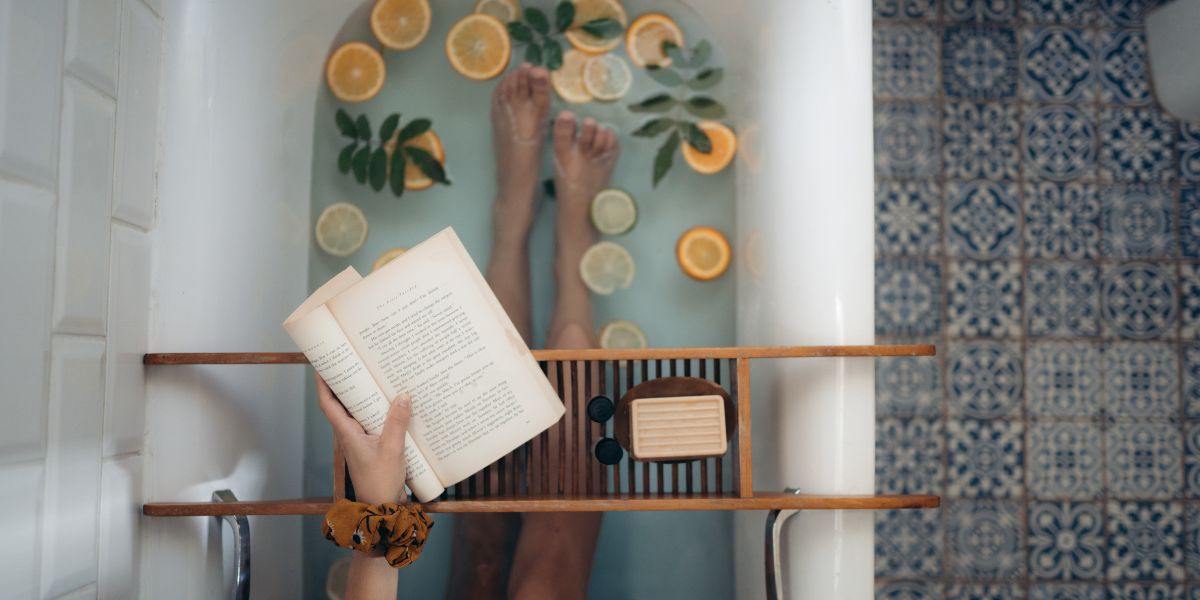
Establishing a relaxing bedtime routine is crucial for promoting quicker sleep onset and better overall sleep quality. Engaging in calming activities before bedtime signals to your body that it’s time to wind down, helping to reduce stress and anxiety levels. This could include activities such as reading, gentle stretching or meditation. If you don’t know much about meditation, or you have never practised it before, it can seem more stressful than relaxing. That’s where our Morphée device comes in. Morphée is a guided meditation device that contains over 200 guided sessions to choose from as well as nature and white noise sounds. The device has been created by sleep and relaxation experts to help the user unwind after a long day, fall asleep faster and deeper. By consistently engaging in these relaxing rituals like meditation, we condition our minds and bodies to associate bedtime with relaxation, making it easier to transition into sleep.
3. Create a perfect sleep environment
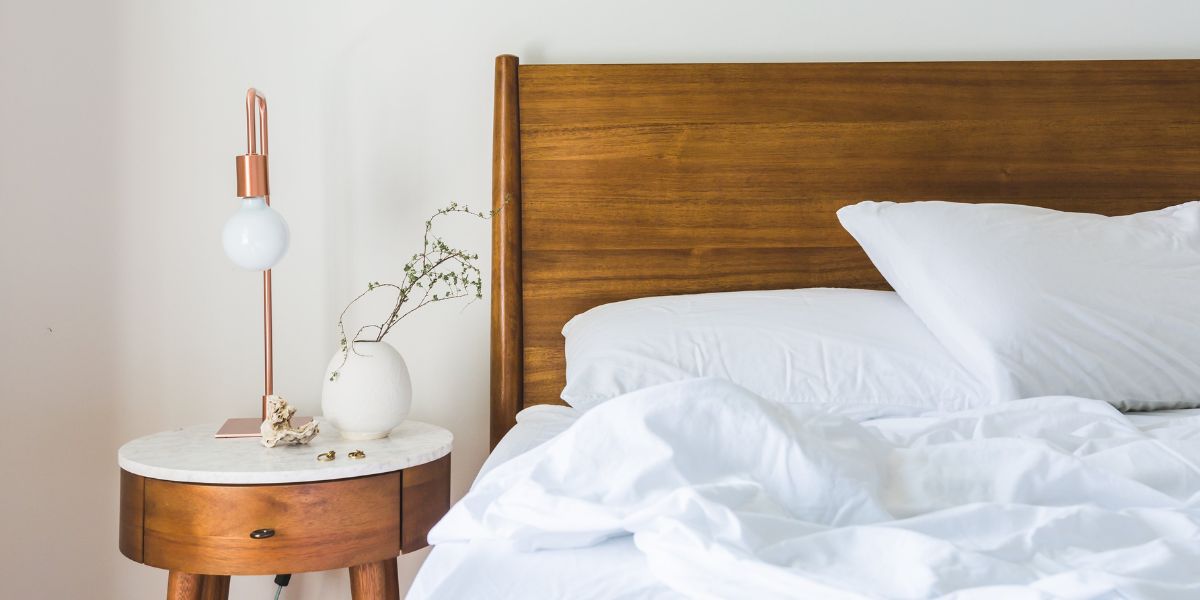
Crafting a perfect sleep environment is vital for achieving restorative sleep and includes a number of different steps.
- The ideal room temperature should be set between 15.6°C and 20°C to promote a comfortable sleep.
- Invest in a supportive mattress and set of pillows.
- Block out light with blackout curtains or an eye mask.
- Reduce noise with earplugs or double-glazed windows.
- Keep electronics out of the bedroom to minimise distractions.
- Maintain a clean and organised room to foster a sense of calm and relaxation.
By working on all of these different factors, you can cultivate the perfect sleep environment for a good night's sleep.
4. Watch your caffeine intake

Avoiding caffeine before bed is essential for a restful night’s sleep. As a stimulant, caffeine blocks the action of adenosine, a neurotransmitter that promotes sleepiness. Consuming caffeine, which can be found in coffee, certain teas, chocolate and other foods and drinks can delay the onset of sleep and reduce sleep time. Caffeine can linger in the bloodstream for hours even after consumption. By avoiding caffeine in the later afternoon and evening, individuals will allow their bodies to naturally wind down and prepare for sleep, promoting a smoother transition into sleep.
5. Limit your exposure to screens

The blue light emitted by most electronic screens and common household lights can interfere with your body’s production of melatonin, a hormone that regulates sleep. You should aim to turn off electronic devices a couple of hours before bedtime, to reduce that amount of blue light you're exposed to. If you find it hard to relax before bed without a screen, try relaxing activities such as reading or meditation. Our Morphée meditation device is perfect for helping you drift off to sleep as it can be used as part of your night-time routine and it’s 100% screen-free with no blue light.
6. Exercise regularly
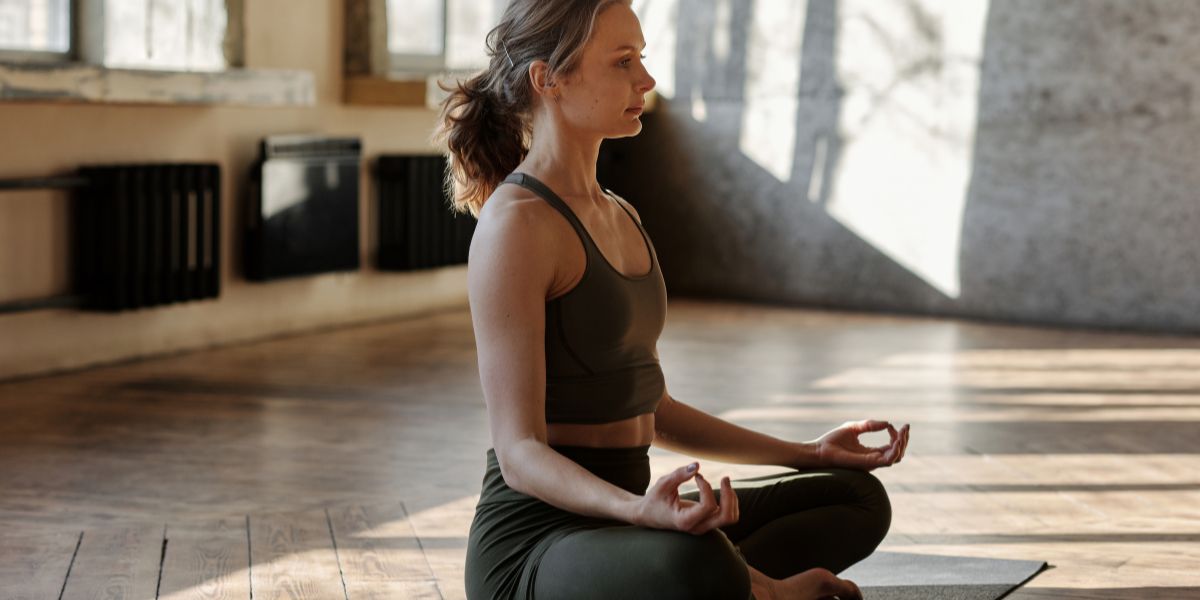
Physical activity increases the production of serotonin, a neurotransmitter that regulates mood and promotes relaxation. If you exercise after work for example, it can help you to relieve any stress you have accumulated throughout the day, helping your brain to switch off. Whether it's aerobic activities, strength training, or yoga, incorporating exercise into your routine can lead to more restful and rejuvenating sleep, enhancing overall well-being. However you should avoid vigorous exercise too close to your bedtime as it will increase your energy levels.
7. Monitor your diet

Did you know that certain foods and drinks can disrupt your sleep? And no we aren’t just talking about caffeine. Here are a few foods that you should avoid before bed.
- Heavy foods - meals which leave you feeling very full will take longer to digest. These can include fried foods, cheesy meals and fatty meals, which can lead to indigestion and keep you up. Avoid meals like takeaways and spicy foods.
- Sugary foods and drinks - sugar will cause an excess in energy production, which can leave you feeling over stimulated and more awake.
- Tyramine-rich foods - tyramine is an amino acid that causes the brain to release a stimulant that increases brain activity. Foods that are high in tyramine include cured meats, citrus fruits, tropical fruits and soy products.
- Spicy food - your body's temperature should naturally drop, signalling to your body that it’s time for bed. However spicy foods like hot chillies and Indian food can leave you feeling hot, delaying the onset of sleep.
8. Reduce your stress levels

Now we know that this is easier said than done. But reducing your stress levels before you go to bed will help you sleep better, as stress relieves cortisol, a hormone that prevents sleep. To counteract this, if you are feeling very stressed or anxious, you should practise relaxation techniques to help quieten your mind. These activities can include journaling, deep breathing and meditation. If you have never tried meditation before, Morphée is our guided meditation device that will talk you through different sessions including body scanning, visualisations, cardiac coherence and more.
9. Limit naps
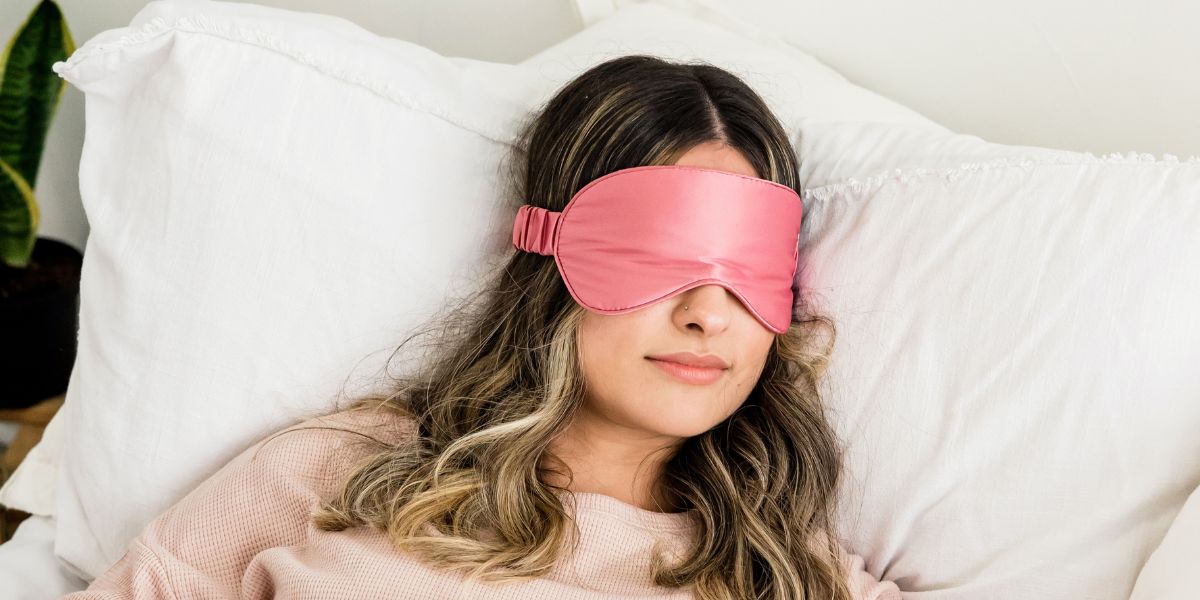
Whilst shorter daytime naps can be beneficial, especially for those who struggle to sleep, limiting naps is important to maintain a healthy sleep-wake cycle. Long or frequent naps can disrupt night-time sleep patterns, leading to difficulty falling asleep or staying asleep. Aim for shorter naps no longer than 30 minutes and try not to nap in the late afternoon.
10. Seek professional help

If you constantly struggle with sleep despite trying these tips, consider consulting a healthcare professional. A GP will try to find out what is causing your insomnia, and help you find the right treatment plan for you. You may be referred for CBT, cognitive behaviour therapy or you may be referred to a sleep clinic. For more information, click here.
Happy World Sleep Day from the Morphée Team, we hope our tips and tricks help you get a well deserved night's sleep.





